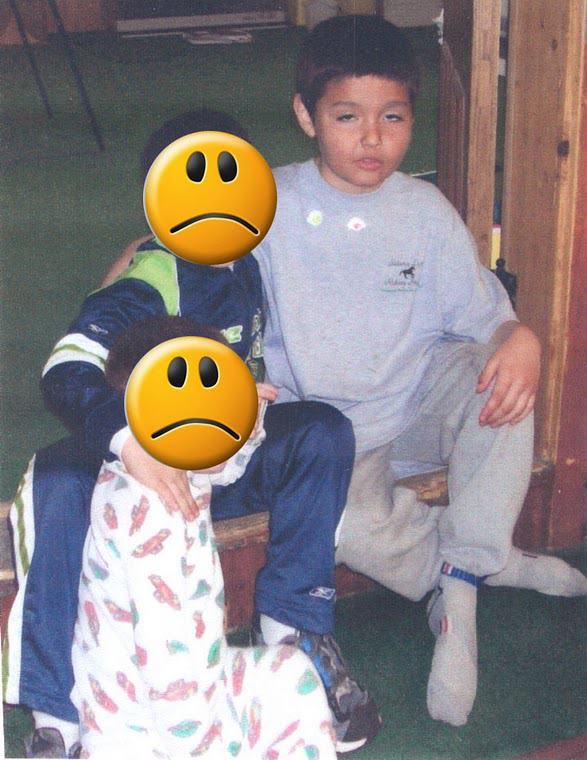unhappygrammy-NH Court's will NOT admit evidence proving innocence of a parent. If the evidence comes into light after the adjudicatory hearing, which happens often due to hidden records, the Judge claims it's too late. The court-appointed puppet won't push for the evidence to be admitted. He claims he work's for the court, not the client.
Admissibility of Evidence
The most critical thing about evidence rules is how they apply to "admit" certain matters to be considered by the court and limit or exclude other matters.
This first classification of evidence rules, therefore, deals with admissibility.
A witness statement, for example, might tend to prove or disprove some of the issues in controversy (i.e., it might be "relevant" to the outcome of your case) and yet be inadmissible for one or more reasons. Being relevant alone, is not enough. Other factors must be considered before the court can determine if evidence is admissible. Each of these will be covered in detail during this tutorial. Some those factors follow.
Relevance - ability to prove or disprove an issue material to outcome of the case
Credibility - reliability of witness or tangible evidence
Privilege - protection afforded certain kinds of evidence (e.g., attorney-client)
Prejudice - tendency to confuse, mislead, or waste time
If a party offers evidence that is not likely to prove or disprove any issue material to the outcome of the case, not worthy of being relied upon as true, protected by a privilege, or likely to cause prejudice that may outweigh its ability to prove or disprove any issue, it should be excluded as inadmissible, and an appropriate objection should be made as soon as possible - preferably before the court hears the evidence.
Unless a matter is admissible, it should never be heard by the court. If it gets in by accident (the too-frequent result of unlawful efforts of parties trying to get away with whatever the judge will allow) the matter should not be considered by the court.
It should have no bearing on the outcome of the case. Of course, once it's in, it's in!
Only admissible evidence should be considered by the court.
http://nfpcar.org/Legal/Tips/index.htm#What_is_Hearsay_Evidence
Exposing Child UN-Protective Services and the Deceitful Practices They Use to Rip Families Apart/Where Relative Placement is NOT an Option, as Stated by a DCYF Supervisor
Unbiased Reporting
What I post on this Blog does not mean I agree with the articles or disagree. I call it Unbiased Reporting!
Isabella Brooke Knightly and Austin Gamez-Knightly

In Memory of my Loving Husband, William F. Knightly Jr. Murdered by ILLEGAL Palliative Care at a Nashua, NH Hospital
No comments:
Post a Comment